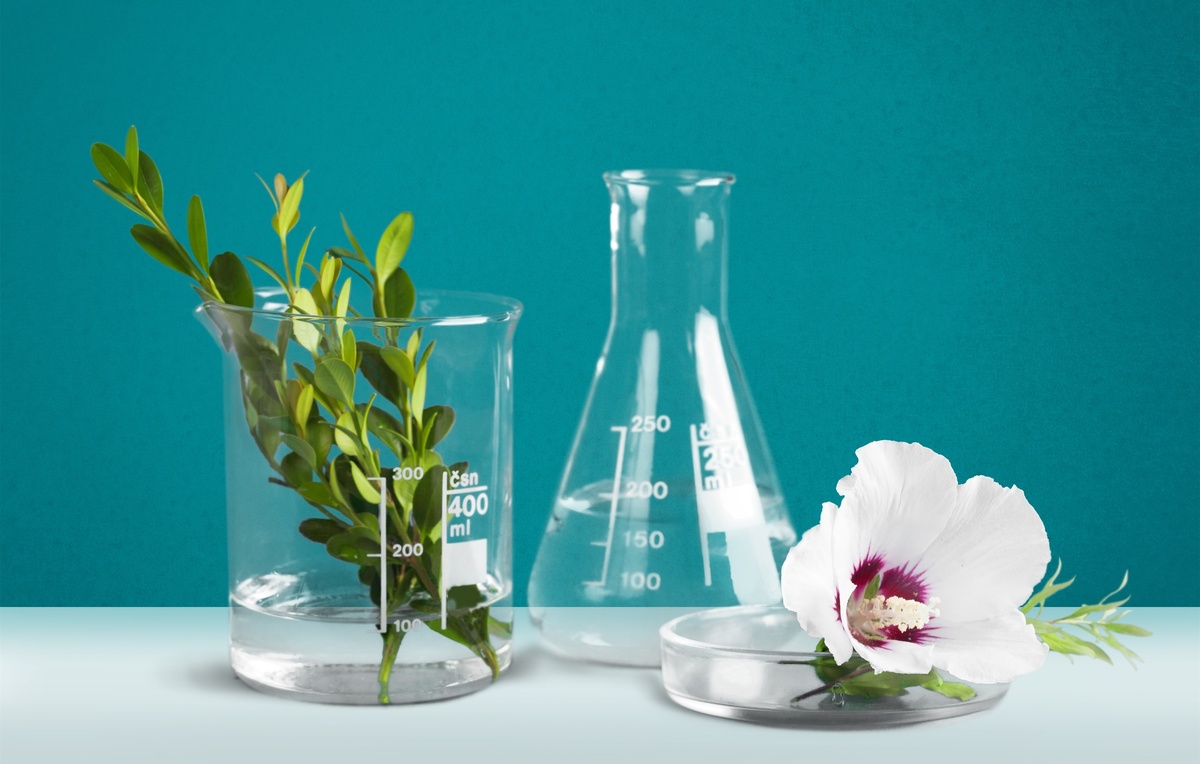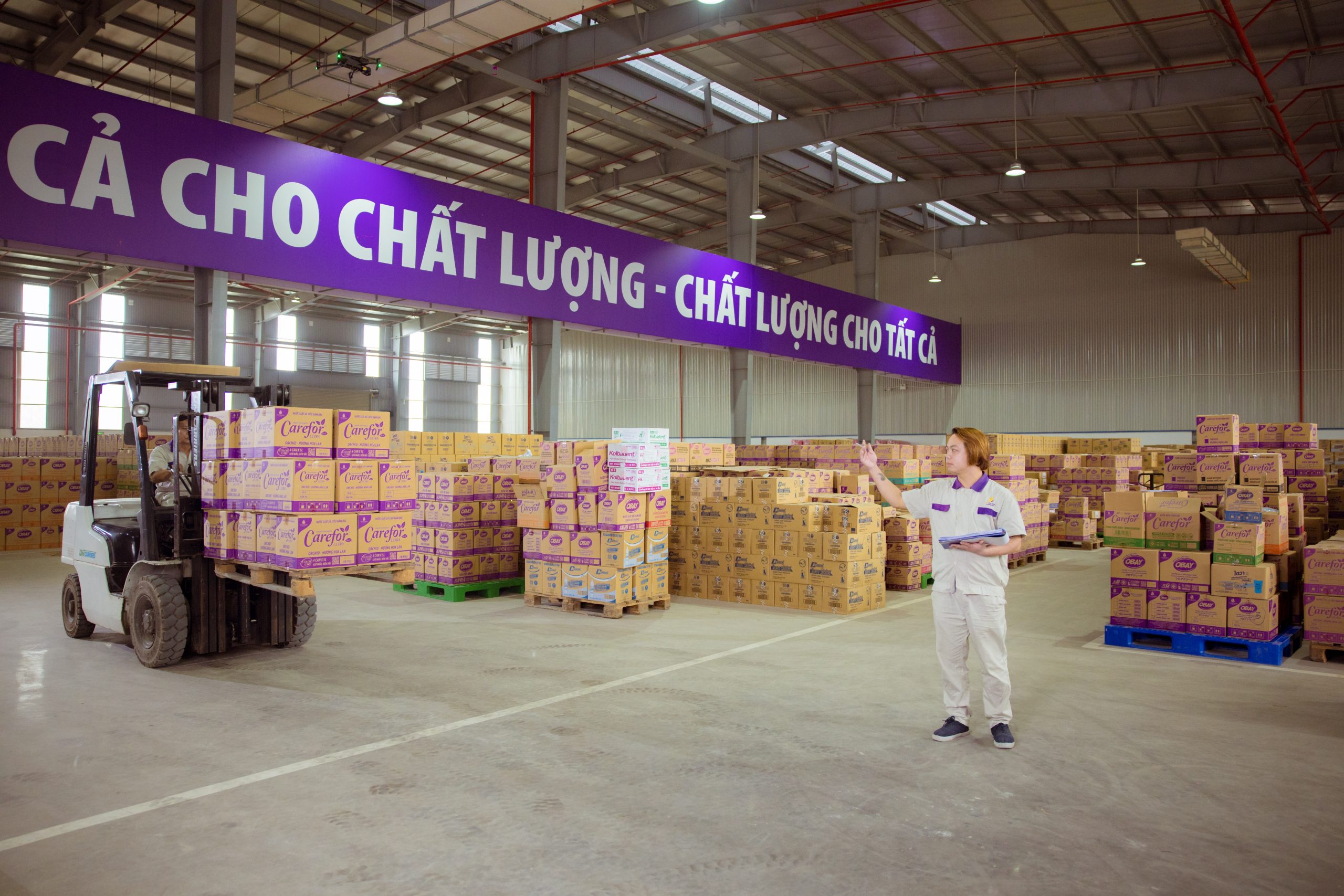International standard cosmetic chemical processing process: Important steps and notes
In the context of the increasingly developing cosmetic industry, owning an internationally standardized processing process is a vital factor for…
In the modern business world, especially in manufacturing industries such as cosmetics, garments, electronics… we often hear the terms ” manufacturing ” and ” processing “. Although both are related to product creation, they represent two completely different business models and roles. Understanding the difference between manufacturing and processing not only helps businesses orient their […]
In the modern business world, especially in manufacturing industries such as cosmetics, garments, electronics… we often hear the terms ” manufacturing ” and ” processing “. Although both are related to product creation, they represent two completely different business models and roles.
Understanding the difference between manufacturing and processing not only helps businesses orient their business strategies but also helps consumers better understand the origin and process of the products they use. Let’s explore these core differences.
Manufacturing is the comprehensive process of transforming raw materials into finished products through a series of manufacturing, assembly, and quality control stages. A manufacturing enterprise usually owns all or most of the following:
For example: Large corporations like Unilever (with OMO), P&G (with Ariel), Samsung, Apple… are all manufacturers in the true sense. They research and develop their own products, own their own factories and are fully responsible for their products from A to Z.
Outsourcing is a form in which a business hires an outside partner (called a processing factory, contract manufacturer) to carry out part or all of the product manufacturing process according to its requirements and designs.
Common forms of machining include:
Features of machining:
For example: A new laundry detergent brand wants to enter the market but does not have a factory. They can hire a professional laundry detergent factory to process the product according to their formula, design the packaging, then put their own label and bring it to the market.
You should choose PROCESSING when:
For example, you want to launch your own brand of laundry detergent. Instead of building a factory, you partner with a laundry detergent manufacturer to produce and package it under your brand.
You should choose SELF-PRODUCTION when:
For example, a big brand like Unilever, P&G owns its own factory to mass produce products with large capacity and strict standards.
Despite their distinct differences, both manufacturing and outsourcing play an important role in the global supply chain. The choice of which model to use depends on each company’s business strategy, financial resources, and long-term goals.
For consumers, understanding these two concepts helps us have a more transparent view of the product creation process, thereby making wise consumer choices and trusting in the quality of the products we are using. If you are looking for a reputable manufacturing and processing factory, THT is the best solution for your business.
Please contact THT Vietnam for fastest advice and support!

In the context of the increasingly developing cosmetic industry, owning an internationally standardized processing process is a vital factor for…

The cosmetic chemical processing industry is no longer simply “following existing formulas” but has been transforming strongly to become a…
